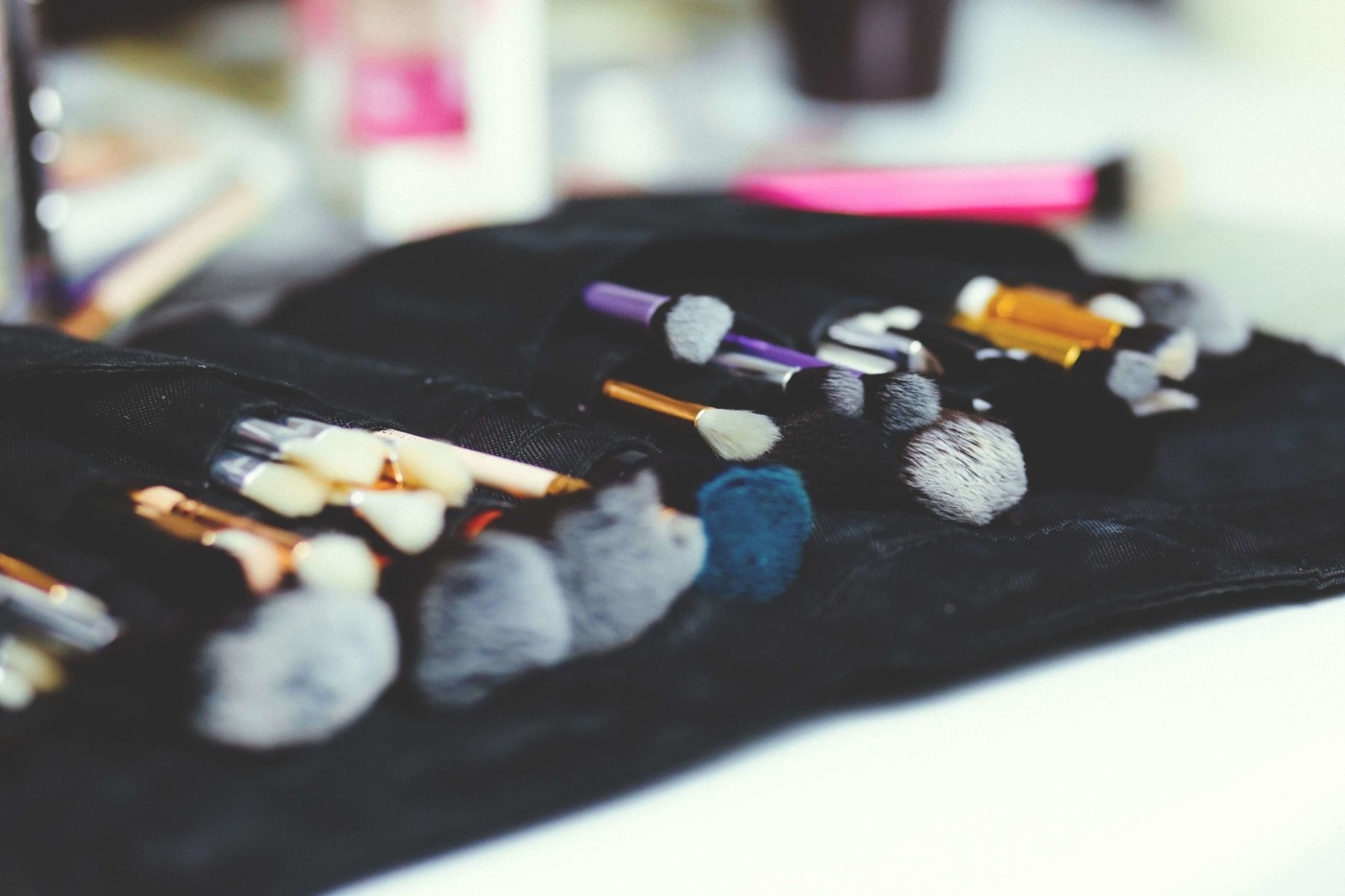Social media and the makeup industry’s boom
People have been wearing makeup for almost as long as our species has been around.
Cleopatra crushed beetles into a powder to use as a lip product. Kohl was a product used widely across parts of the Mediterranean, Middle East, North Africa and South Asia. Ancient Egyptians who were alive long before Cleopatra, both men and women, would use kohl as body paint. Indian women would also put it around their children’s eyes as it was believed to prevent a curse from the Evil Eye.
A recent study found that only 10% of Americans between the ages of 18-31, male and female, never wear makeup, while 31% wear it every single day. This is unsurprising when you consider the scale of the cosmetic industry which is currently valued at around $450 billion and is expected to continue to rise to $800 billion in the next 5 years.
Social media has created a new and personal way for all industries to advertise
This boom in the makeup industry is undoubtedly aided by the rise of social media. Social media has created a new and personal way for all industries to advertise to an attentive audience. However, the makeup industry has managed to capture this like no other.
The rise and success of online beauty gurus and influencers has created unique access to their target audience. Fans of influencers are dedicated, buying products advertised by their favourite celebrities. When gurus like Jeffree Star or Marlena Stell started their own lines, companies started to understand the true power of influencers and how successful advertising through them could be.
Today, beauty influencers such as James Charles who have over 16 million subscribers on YouTube, could easily receive up to $60k for a sponsored brand deal. Brands like Morphe are at the forefront of this, with almost every beauty influencer you can think of having had collaborated with them at some point.
Everyone wants what is popular right now
Last November, Jeffree Star and Shane Dawson created a series of the behind-the-scenes episodes showing them creating two eyeshadow palettes, as well as an extensive line of merchandise. Although this series was interesting to watch and gained the attention of millions of people worldwide, the series is undoubtedly one huge advertisement for their collection. The entire collection, including all merchandise, sold-out instantly (despite website glitches due to too much online traffic). This illustrates how much the makeup industry has changed.
Before the social media boom, a few major companies such as Estée Lauder or L’Oréal dominated the market and took their time making products. Whereas today, the market has flipped. Everyone wants what is popular right now, and are constantly looking for the next popular product. This is endlessly facilitated by social media – everyone shows off their favorite products creating a cult-like feel around certain releases.
Many companies play on this limited-edition frenzy and will deliberately produce less product to create a sense of urgency. This drives people to buy more than they perhaps usually would have. These companies play on the FOMO (fear of missing out) that many social media users feel to drive sales.
It is financially beneficial for companies to counterfeit in-demand makeup products
A huge market for counterfeit makeup has emerged out of this. It is financially beneficial for companies to counterfeit in-demand makeup products as many people will buy whatever they can online once a launch has sold out. This means that products can be made cheaply and without regulation and sold for extortionate amounts even when they contain harmful products.
A great example of this is Kylie Cosmetics (soon to be Kylie Beauty). All of her products sell-out instantly because she has amassed a huge loyal fan base who buy her products blindly. This led to many young people in 2016 buying fake lip kits on eBay, only to realise after putting them on that they contained superglue. This issue is explored in much greater depth by the Netflix documentary Broken, and its first episode ‘Makeup Mayhem’.
Social media has been revolutionary for the makeup industry
Social media has also forced brands to become more responsible with the ingredients they choose for their products. People are more concerned than ever with the ethics behind the product they’re buying. This has made way for indie brands who are focused on using vegan and cruelty free ingredients in their makeup, and has forced bigger brands to reconsider testing their products on animals. There is more information on the background of ingredients than ever, which is so important to so many people when choosing who they buy from and allowing a truly informed decision.
Social media has been revolutionary for the makeup industry. Despite the obvious problems with counterfeiting and slightly manipulative selling tactics, social media has allowed endless numbers of people to have access to makeup and to learn about makeup than ever before. It has created a space for much needed self-expression and has allowed makeup to be used more freely and indiscriminately than we have ever seen in modern times.

Comments